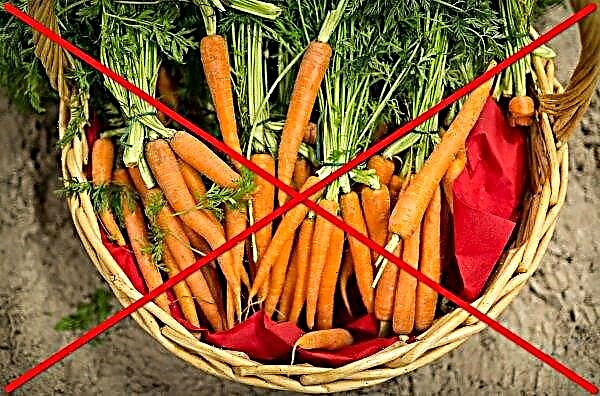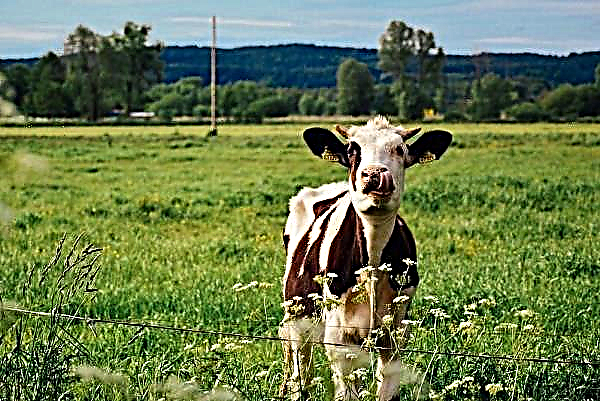This year, Zimbabwe should begin paying compensation to thousands of white farmers who lost land as a result of the land reform of former President Robert Mugabe almost two decades ago, the government said in an effort to close the issue that caused serious controversy.
Two decades ago, the Mugabe government occasionally forcibly evicted 4,500 white farmers and redistributed land among approximately 300,000 black families, arguing that it eliminated the imbalances caused by the colonial era.
But land reform still shares public opinion, as opponents see this as an uncompromising process, because of which the country cannot feed itself adequately.
The government of President Emmerson Mnangagwa considers paying compensation to white farmers as the key to building ties with the West and allocates $ 17.5 million in the country's budget. Initial payments will be aimed at those who are experiencing financial difficulties, and full compensation will be paid later.
“The process of registering and compiling a list of farmers should be completed by the end of April 2019, after which interim advance payments will be paid directly to the former farm owners,” the Zimbabwean Ministry of Finance and Agriculture said in a joint statement on Monday, April 8.
The government, which claims that it will only pay compensation for infrastructure and improvements on farms and not for land, is discussing with international financial institutions options for increasing the total amount to be paid to farmers.
At one time, the colonialists seized the best agricultural land, and most of them remained in the hands of white farmers after Zimbabwe gained independence in 1980, while many black peasants remained landless.












